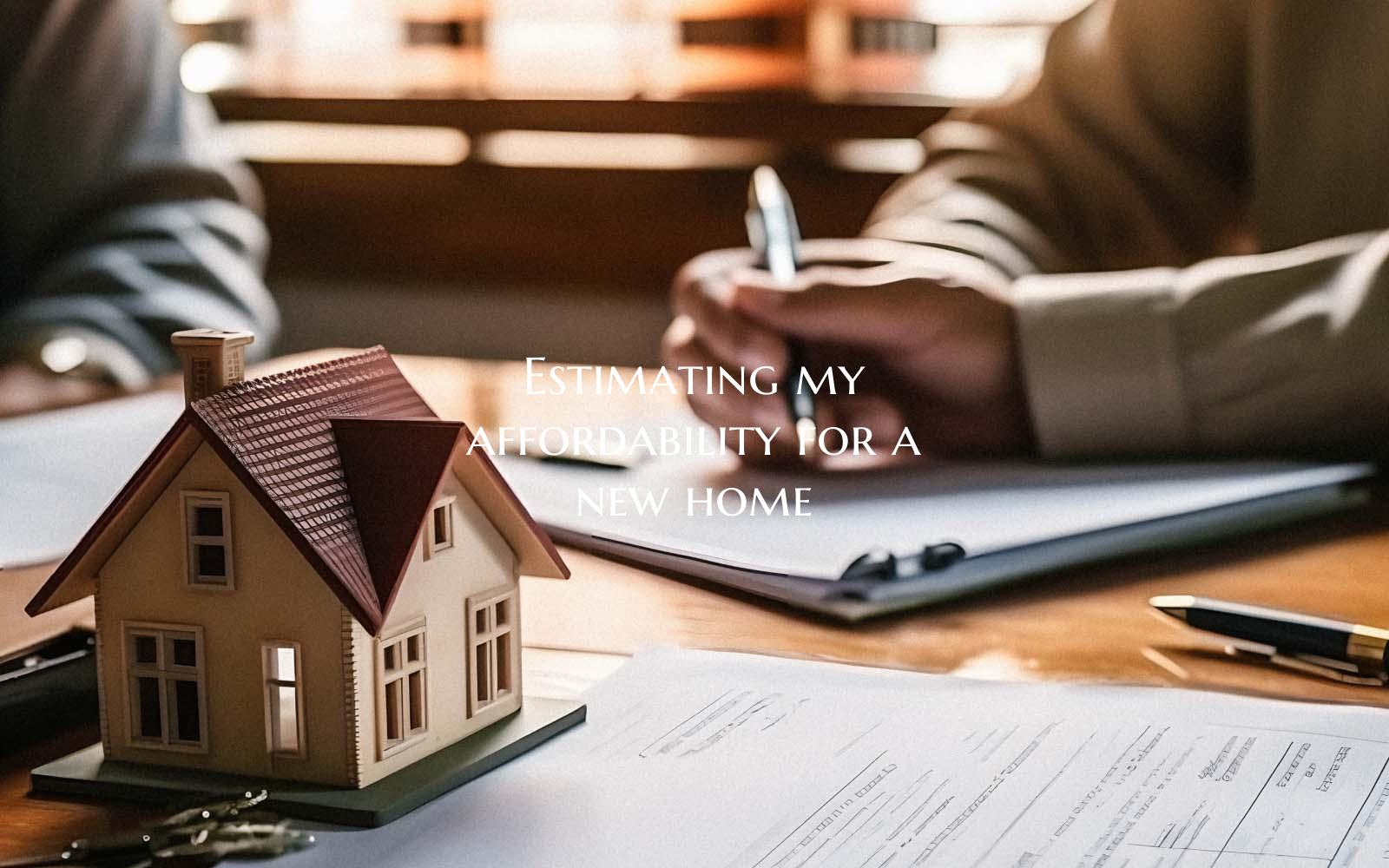Estimating my affordability for a new home

When considering purchasing a new home, one of the most crucial steps is determining your affordability. This process involves assessing your financial situation, considering various factors such as income, expenses, debts, and savings to establish a realistic budget for your home purchase.
Here are some key steps to help you estimate your affordability for a new home:
1. Calculate your income: Start by adding up all sources of income, including your salary, bonuses, dividends, and any other earnings. Consider any additional sources of income that you can rely on for mortgage payments.
2. Evaluate your expenses: Make a list of all your monthly expenses, including utilities, loan payments, groceries, insurance, and other regular bills. This will give you a clear understanding of your current financial obligations.
3. Determine your debt-to-income ratio: Your debt-to-income ratio is an essential indicator for lenders to assess your ability to manage monthly payments. Calculate this ratio by dividing your total monthly debt payments by your gross monthly income.
4. Consider your down payment: Saving for a down payment is crucial when estimating affordability for a new home. Typically, a down payment of 20% of the home's purchase price is recommended to secure better mortgage terms. Calculate how much you can comfortably afford to put down.
5. Factor in additional costs: In addition to the mortgage payment, consider other expenses associated with homeownership, such as property taxes, homeowners' insurance, maintenance costs, and potential renovations. Be sure to account for these costs in your budget.
6. Use online calculators: Several online tools and calculators are available to help you estimate how much you can afford to spend on a new home based on your income, expenses, and other financial factors. These tools can provide you with a preliminary estimate of your affordability range.
7. Consult with a financial advisor or mortgage lender: Seeking advice from a professional financial advisor or mortgage lender can provide you with valuable insights specific to your financial situation. They can help you understand your borrowing capacity, explore different loan options, and guide you through the home buying process.
By taking these steps and carefully evaluating your financial situation, you can estimate your affordability for a new home more effectively. Planning ahead and understanding your financial limits will enable you to make informed decisions and find a home that aligns with your budget and financial goals.
